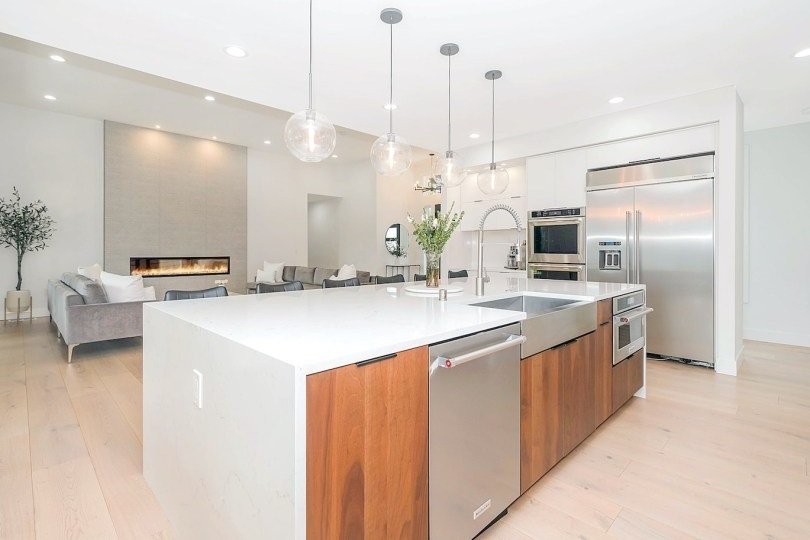You Don’t “NEED” More Space
This article was originally published on Arian Horbovetz’s blog, The Urban Phoenix. It is shared here with permission. All images for this piece were provided by the author.
More and more, I find myself feeling like a fish out of water amidst conversations with people my age revolving around life “upgrades.” Larger houses, bigger trucks and SUVs, and more acreage. Furthering my lack of connection with this dialogue is the frequently communicated “need” for these amenities.
“We needed more space.”
If I had the social guts to speak up and communicate my thoughts without the fear of losing friends, I might begin with the following.
“No. No, you don’t. You WANT more space.”
I’m a 41 year-old married man who is comfortably living in an 850 square-foot apartment and has for a long time. We don’t have kids (I know where critics are about to go with this admission, but trust me, I’ll get to that) and we both drive compact cars. While even the most progressive friends of ours moved to the suburbs years ago, we still live on the border of the city of Rochester, New York. I literally have NOTHING functionally in common with most people my age, and admittedly, more and more, I am OK with that.
So, let’s talk about the word “need” for a moment. The notion that we need more space to live and/or raise a family in is laughably false. The United States and the United Kingdom have virtually the same household family size but could not be more different in terms of average household square footage.
Furthermore, we often speak to the “good old days” as a measure of America at its best. In 1950, the average American home was 983 square feet, as opposed to the 2,300 square feet of today. Idealizing the past means appreciating a time when American families were 17% bigger, but homes were 68% smaller.
And it’s not just houses; it’s the second-largest American expenditure, too. SUVs and pickups outsell cars now, and it’s not even close. And those vehicles are getting bigger and bigger all the time, which is ironic given the fact that the average American family size has been steadily decreasing, as is the number of blue-collar jobs that require vehicular utility.
The average American spends an alarming 14% of their income on transportation… To put that into perspective, that is 4% more than we spend on food. Essentially, we pay more money for the machines that get us to the grocery store than the actual food that sustains life. According to Car And Driver, the average new car costs over 47,000 dollars, and continues to climb. This is undoubtedly due to the skyrocketing sales of SUVs, pickups, and other large vehicles as opposed to sedans and coupes.
Finally, the number of American households with two or more cars has increased from 22% in 1960 to 58% in 2017. Again, remember that the average family size has decreased during the same period.
If you’ve ever waxed lyrical about the “good old days” or a time when “life was simpler,” I do hope you’re not saying that from your 3,000-plus-square-foot home. When we talk about the “need” for more space, we negate the fact that our grandparents lived with so much less…and yet we as a nation idolize that “simpler” time while simultaneously choosing an oxymoronic path. We don’t need more space, but we are driven to want it by the Western economic machine that motivates our expenditure. The truth is that the generations we admire the most lived “small” and made it work, which is a lesson that seems to have become lost on the Western mantra of “keeping up with the Jones.” The psychological mirage that motivates us to “need” more space makes us a collective nation that leads the world in just one significant category: consumption of resources per capita. If our country is going to change, we need to reevaluate what we really “need.”
Arian Horbovetz (Twitter: @Arianhorbovetz) is a longtime Strong Towns contributor in Rochester, New York. This post is republished from his blog, The Urban Phoenix. You can also check out the Urban Phoenix Podcast for more of Arian’s work.






When a development project dares to break the Suburban Experiment mold, it faces intense scrutiny from both opponents and advocates. Ironically, these are the very projects we should be studying — and even celebrating. Culdesac Tempe, a car-free community in Arizona, is one such project.